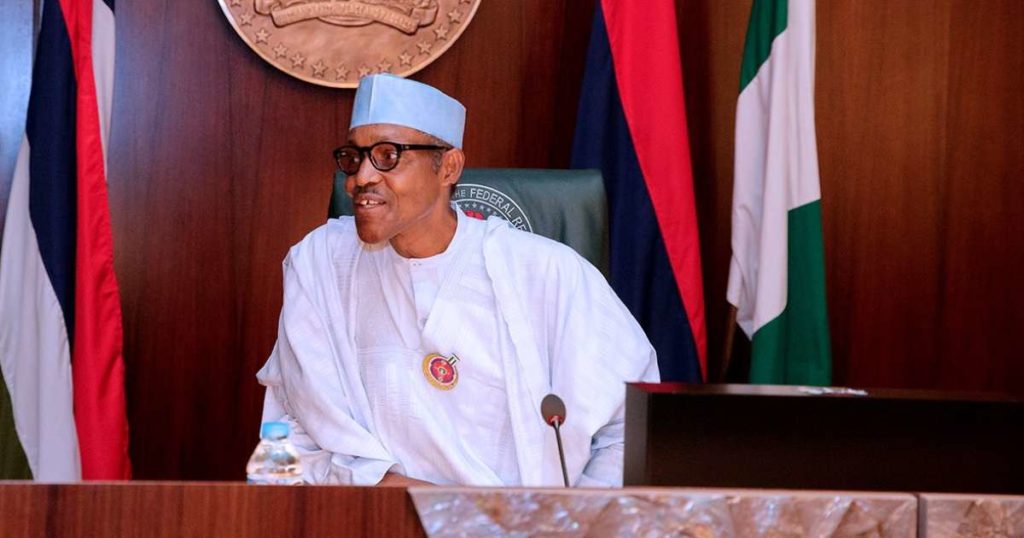Socio-Economic Rights and Accountability Project (SERAP) has urged President Muhammadu Buhari to urgently recover “missing N105.7 billion” of public funds from ministries, departments and agencies (MDAs) to fund the Nigeria’s public tertiary institutions, improve welfare of staff members and ensure the striking Academic Staff Union of Universities (ASUU) returns to class without further delay.
The group also implored the Nigerian leader to redirect some of the Presidency’s budget of N3.6 billion on feeding and travels, as well as the N134 billion allocated to the National Assembly in the 2022 budget to meet lecturers’ demands.
ASUU has consistently accused government of lacking commitment to payment of academic earned allowances, poor funding of universities, continued implementation of the Integrated Personnel Payroll Information System and alleged refusal to adopt the Universities Transparency and Accountability Solution (UTAS), among others.
In the letter dated July 2, 2022 and signed by its deputy director, Kolawole Oluwadare, SERAP said meeting the ASUU demands would address the “persistent and widening inequality in educational opportunities and promote equal protection for poor Nigerian children.”
It pointed out that the “apparent failure by your (Buhari) government to agree with the reasonable demands by ASUU, implement the good faith agreement with the union and to satisfactorily resolve the issues has kept poor Nigerian children at home while the children of the country’s politicians attend private schools.”
The organisation argued that the “inequalities in education have a rolling effect, leading to even more and continued inequalities in the future.”
SERAP continued: “Meeting ASUU demands would also ensure protection against the harms of discrimination and educational deprivation.
“The poor treatment of Nigerian children in the country’s public tertiary institutions is inconsistent and incompatible with the Nigerian Constitution and the country’s international human rights obligations.
“Widening inequalities in the area of education bear all the more dramatic consequences, given the importance of education, as an empowering right, in giving the possibility to all to explore and realise their potential.
“Apart from being a right in itself, the right to education is also an enabling right. Education creates the ‘voice’ through which rights can be claimed and protected, and without education, people lack the capacity to achieve valuable functioning as part of the living.
“If people have access to education they can develop the skills, capacity and confidence to secure other rights. Education gives people the ability to access information, detailing the range of rights that they hold and government’s obligations.”
SOurce: Guardian.ng

